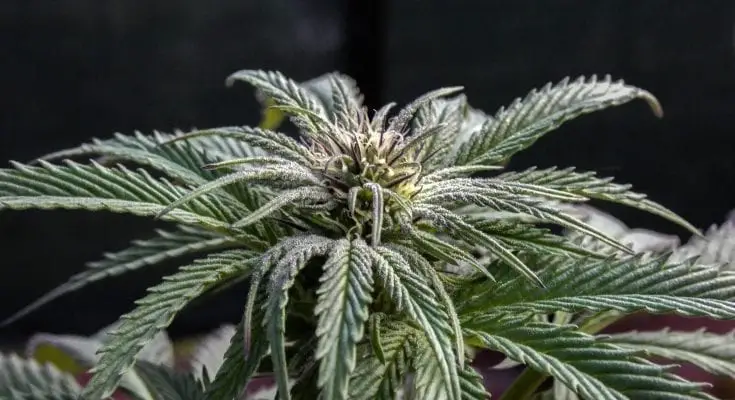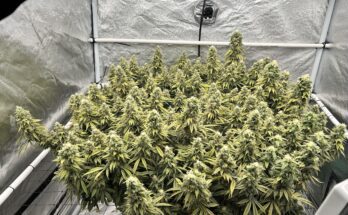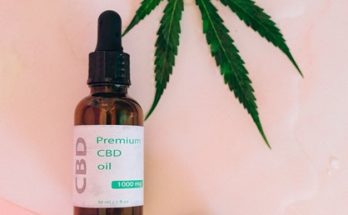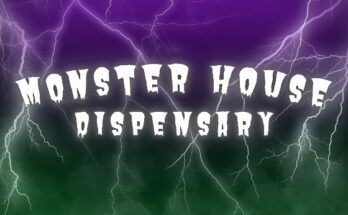CBD Oil Facts
Photo by Hanf garten on Unsplash
In the past few years, nothing has soared in the marketplace as cannabidiol, aka CBD oil. We’ve seen it in everything from pet products to smoothies, teas, and pain-relieving cream. We’ve heard about its amazing health benefits, and CBD has presented itself as a potential ‘cure-all’ alternative to medication TBH. And yet, is it all just smoke and mirrors and FOMO and YOLO? Just the latest health craze or has CBD finally solidified its place in the medical (and social) spotlight? After all, there’s no solid proof to back up the hype. If you’re considering using CBD oil, here are five interesting facts everyone should know.
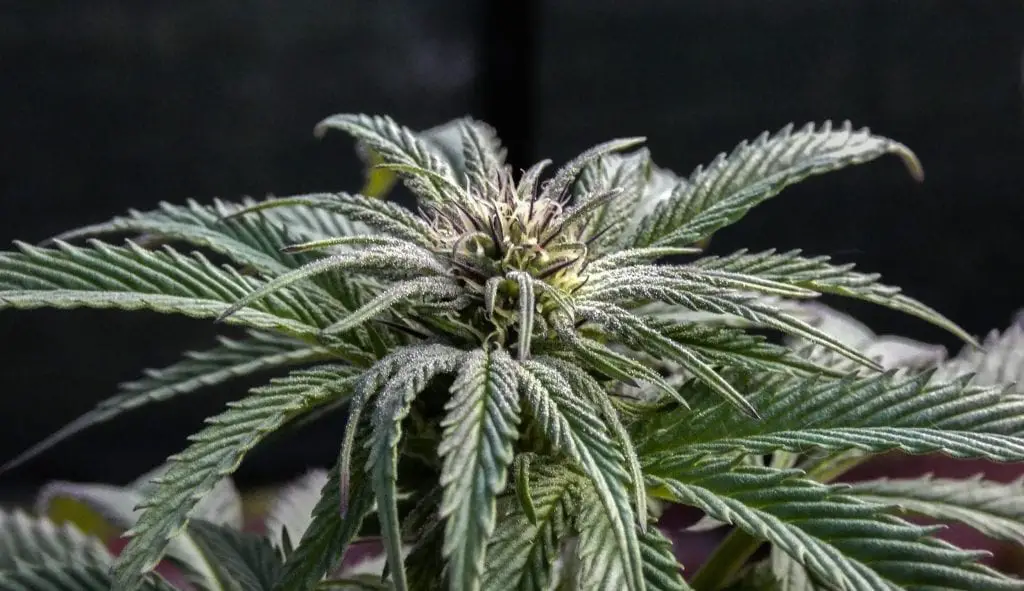
Photo by Kym MacKinnon on Unsplash
CBD Comes From Hemp and Marijuana
There’s a lot of complex information on the internet about CBD and cannabis in general. One being that CBD comes from a single type of cannabis plant. Hemp and marijuana both produce high amounts of CBD, while their THC levels vary. Hemp and marijuana are often mistaken for being the same, which has led to decades of legal misconceptions, a whole other topic of its own. CBD is the dominating compound in hemp, with THC revealing itself in mere traces. In the United States, hemp-derived products, including CBD, are legalized under the 2018 Farm Bill. This excludes marijuana and CBD that comes from a marijuana plant is still illegal and listed as a controlled substance.
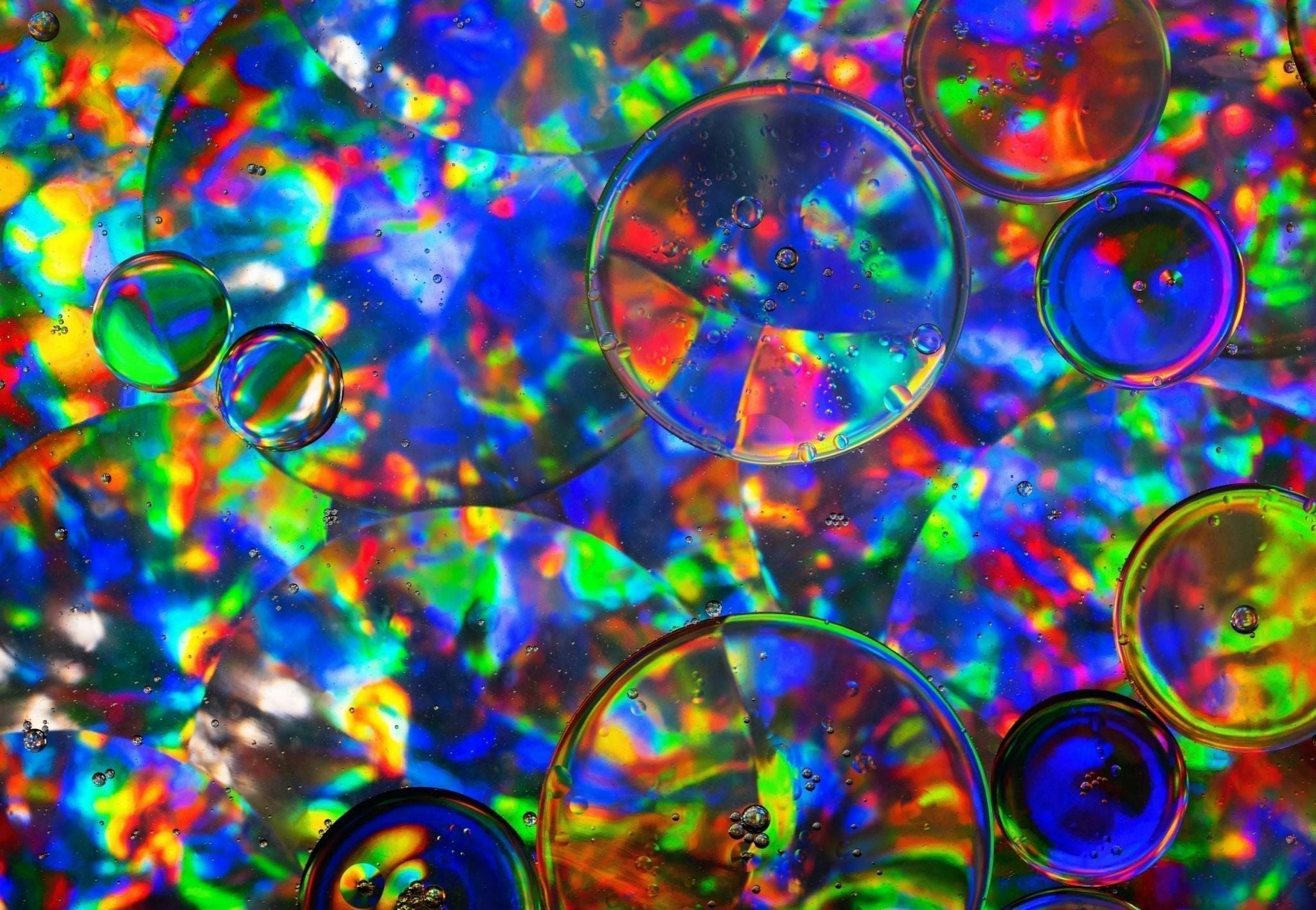
Photo by David Clode on Unsplash
CBD Oil and CBD Tinctures Are Not the Same
CBD oil and CBD oil tinctures (a liquid extract usually consisting of alcohol and CBD strains of hemp)are often confused for being the same product. This couldn’t be anything further from the truth. CBD tinctures are taken in small doses, usually under the tongue, and often consumed for therapeutic reasons. The most potent of which contain terpenes that add flavor and pleasant scents. The terpenes help alleviate specific ailments. For example, a tincture for insomnia might include linalool, a terpene found in lavender.
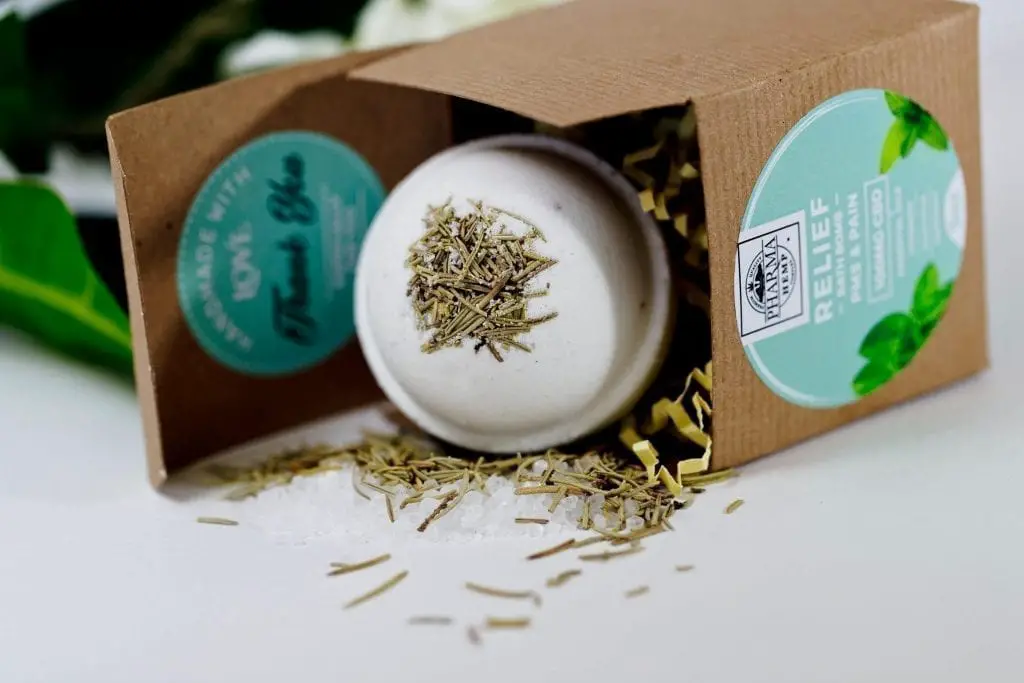
Photo by Pharma Hemp Complex on Unsplash
CBD Is Psychoactive
Sure, indeed, Lazarus Naturals CBD won’t give you the ‘high’ effects like the THC compound, but many a cannabis-blogger have stated that CBD is not psychoactive. This is incorrect and grossly misleading to the consumer. CBD still alters our emotional state, affecting levels of anxiety, depression, and memory. While lacking the ability to induce euphoria and intoxication that often result from THC, making the statement that CBD is not psychoactive, from a technical standpoint, is false.
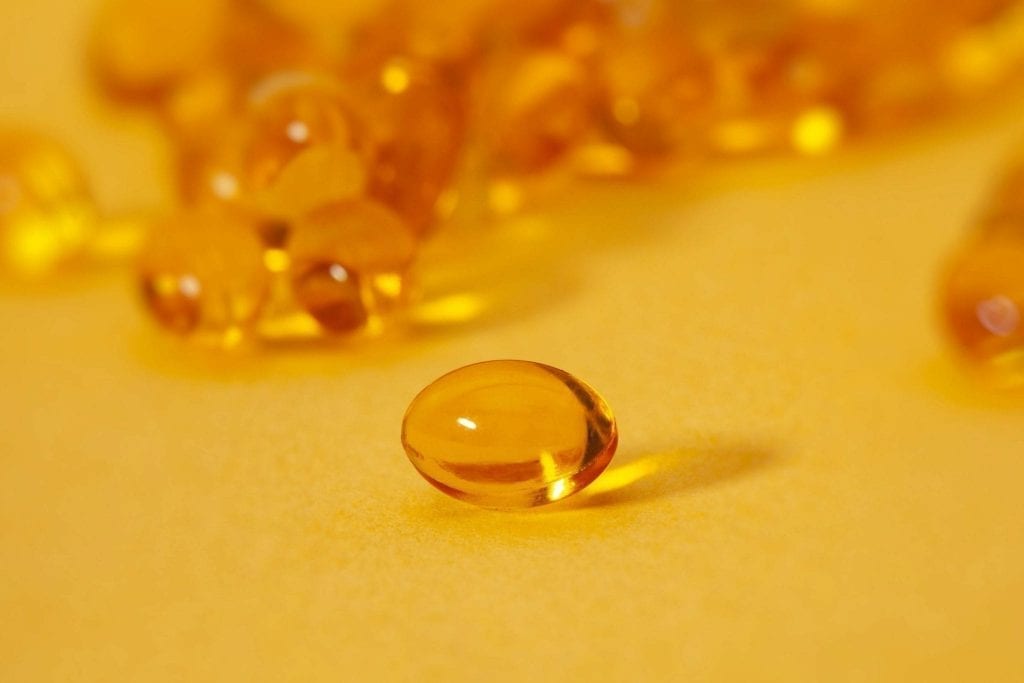
Photo by Michele Blackwell on Unsplash
The FDA doesn’t regulate CBD
Despite the legality of hemp products, the Food and Drug Administration (FDA) does not have a say in CBD regulation and has yet to legalize it as a supplement. The FDA relies heavily on data backed by scientific research, and there hasn’t been enough at this point. Time is inevitable when bringing conclusive results to answer specific questions like the long term effects on the body. Although, the FDA has approved Epidiolex for the treatment of seizures stemming from Dravet Syndrome and Lennox Gastaut Syndrome (LGS). Along with Marinol and Syndros for therapeutic use.
Photo by Stefan Rodriguez on Unsplash
It’s Good For Your Skin
You can find CBD oil in lotion,
sunscreen, cleansers, and even chapstick. Aestheticians and dermatologists are
in love with CBD’s anti-inflammatory properties, making it an ideal solution
for treating skin conditions like acne and psoriasis. A study conducted in 2014
showed that CBD helped ease acne breakouts by regulating the oil produced by
the sebaceous glands. This is a much-needed relief, given that most acne
medications can cause inflammation, making acne worse before it can get better
(if it even does.) Besides that, the studies on CBD in skincare and other
beauty products are still, like many other studies, in its infancy and will
require more research.
Final Thoughts
While the World Health Organization says that CBD is safe and non-habit forming, there are a good number of side effects one should be aware of. High doses of CBD can interfere with other medications, like blood thinners and immune suppressors, while causing dry mouth, hepatic metabolism, anxiety, diarrhea, dizziness, nausea, and vomiting. CBD oil may cause an increase in liver enzymes. Pregnant or breastfeeding women are advised not to use CBD due to potential risks to their baby’s health.
If you want to incorporate CBD into your life, speak to your doctor, especially if you have any health concerns. More research is certainly needed, and a better understanding of CBD oil and its effects, both positive and negative, will be known. Until then, research as much as you can, read product labels, and understand what you’re buying.
Follow along with other important nutrition and health related incredible information on topics such as high fructose corn syrup, potassium, magnesium, cinnamon, peanut butter, water, protein, and so much more.
FAQ
Is CBD oil legal?
CBD is the dominating compound in hemp, with THC revealing itself in mere traces. In the United States, hemp-derived products, including CBD, are legalized under the 2018 Farm Bill. This excludes marijuana and CBD that comes from a marijuana plant is still illegal and listed as a controlled substance.
What is a CBD tincture?
CBD tinctures are taken in small doses, usually under the tongue, and often consumed for therapeutic reasons. The most potent of which contain terpenes that add flavor and pleasant scents. The terpenes help alleviate specific ailments. For example, a tincture for insomnia might include linalool, a terpene found in lavender.
Does CBD make you high?
Sure, indeed, Lazarus Naturals CBD won’t give you the ‘high’ effects like the THC compound, but many a cannabis-blogger have stated that CBD is not psychoactive. This is incorrect and grossly misleading to the consumer. CBD still alters our emotional state, affecting levels of anxiety, depression, and memory. While lacking the ability to induce euphoria and intoxication that often result from THC, making the statement that CBD is not psychoactive, from a technical standpoint, is false.
Additional Resources:
<
a href="https://www.health.harvard.edu/blog/cannabidiol-cbd-what-we-know-and-what-we-dont-2018082414476">Harvard University: CBD Oil What We Know<
a data-mil="74877" href="https://www.interestingfacts.org/fact/facts-about-cbd-massage-oil">CBD Massage Oil